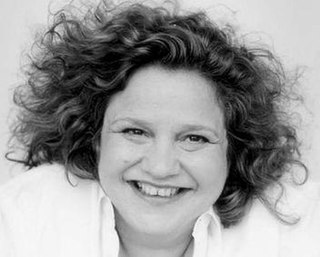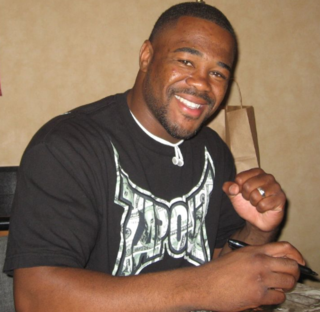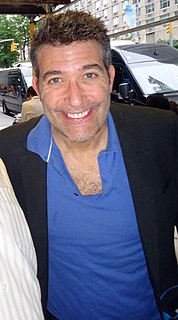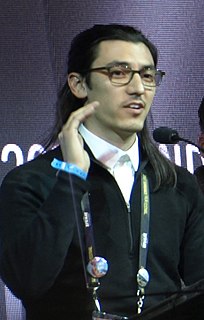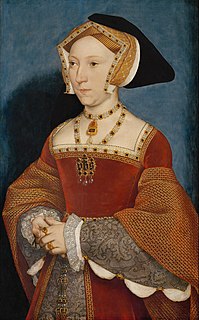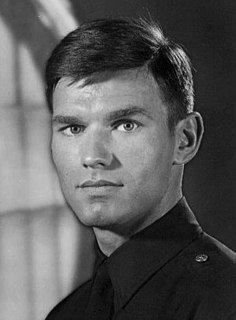A Quote by Anderson Paak
I used to work with mentally disabled people when I was 18 or 19, changing diapers and catheters. I was working, like, 16 hour night shifts, having to distribute meds and go capture people who would break out of the house. Sometimes they'd have seizures, and we'd have to rush them to the hospital. That was an interesting time, very humbling.
Related Quotes
I very much write from characters. Those people start speaking, and then I have them in the house with me and I live with them. Then at some point, it's time to get them out of the house. You can only live with someone like Dr. Georgeous Teitelbaum from THE SISTERS ROSENSWEIG for so long, and then it's time for her to go. But it is very like having the company of these people and trying to craft them in some way into a story.
I had just graduated from Michigan State and I was working at a hospital. I was a security guard, I worked at night. Part of my job was putting bodies in the morgue and doing that kind of thing. I used to put bodies in the morgue and take them out. When I got done doing that at the hospital, in the morning I would work out before I went to sleep.
I used to play Saturday night shows with different little groups. If I could get a show, I would do it. I used to do mad things - I used to go and do these shows and go on my knees and roll on the ground - when I was 15,16 years old. And my parents were extremely disapproving of it all. Because it was just not done. This was for very low-class people, remember. Rock & roll singers weren't educated people
So a lot of people who work rotating shifts and they work at night, their bodies are set to want to be awake during the day and sleep at night. So there are some people who have a lot of trouble adjusting their rhythms and they have trouble working the night shift, they're sleepy, they're drowsy driving home.
I do sometimes find it interesting when I look at a lot of the pranks that are out there, and I see kids doing the exact things that I did in the '90s. Like, I would go out on the street on crutches and fall down, and people would help me. Or I would paint my parents' house plaid; I've seen that replicated.
Even during the promotion I told people that I didn't like Rush Hour. The jokes I didn't understand and the fighting, compared to my Hong Kong films was terrible. A lot of people didn't like it. But mostly people did like it, they really liked it. Rush Hour really brought me to the American family audience.
Working in the Arctic is definitely colder, but not necessarily harder. There were different challenges. And in many ways, Chasing Coral was even more of a struggle for me personally. And more of a struggle to capture. Glaciers right now are changing very consistently. The interesting thing that we realized with Chasing Coral was that the corals reefs. They can go from living to dead in two months. And if you're not there at the right time to capture that before and after, you just show up and it's a dead reef. So it was a challenge to be at the right place at the right time.
When I used to return in the early morning after late-night programmes, the first people I see on the roads at the break of dawn are sweepers, newspaper vendors and milkmen. Since they were all from my hometown, I would stop to talk to them before going home. So I am quite used to their lifestyle and work.
I don’t care what people think…I learned a long time ago…I was 19 and had a very traumatic experience….and I learned that I have to go to bed with myself at night and that I have to please myself…and as long as I don’t go out of my way to offend anybody that I love, upset my mother or my husband…I’ll do my own thing. And if the public doesn’t like it, it’s their problem, not mine.
Flexible working is not just for women with children. It is necessary at the other end of the scale. If people can move into part-time work, instead of retirement, then that will be a huge help. If people can fit their work around caring responsibilities for the elderly, the disabled, then again that's very positive.

